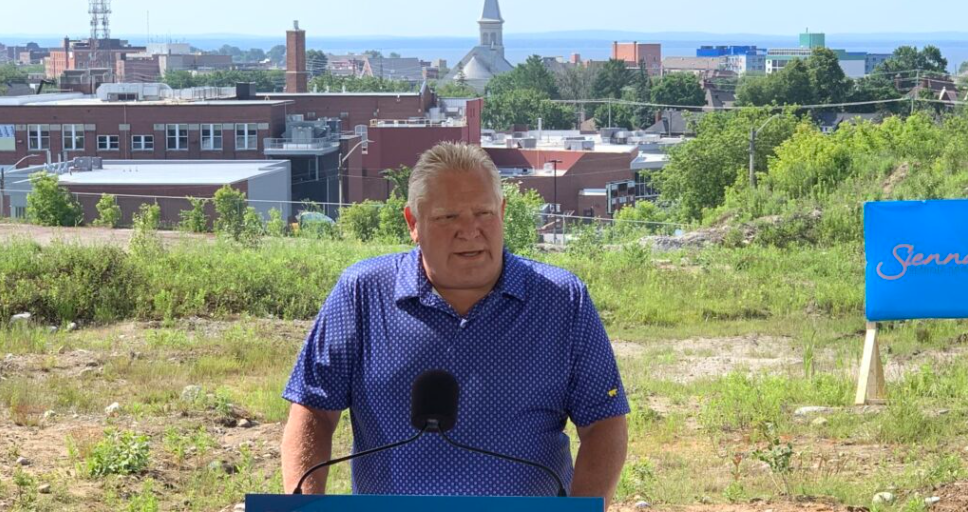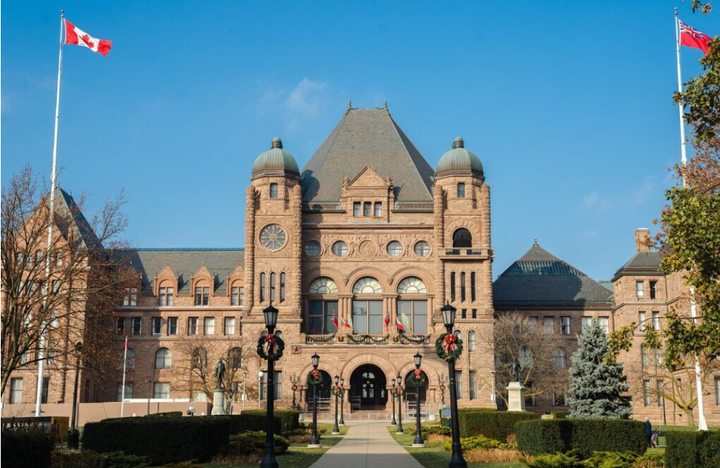Ontario, Alberta and Saskatchewan planning economic and energy corridor

The province of Ontario is joining Alberta and Saskatchewan in exploring how best to establish a new East-West economic and energy corridor.
A request for proposals has been issued by the Ontario government for a feasibility study.
Officials say the corridor would include new Alberta-to-Ontario pipelines, bringing Western Canadian oil and gas to refineries in Southern Ontario and tidewater ports, including a new deep-sea port on the coast of James Bay.
“The last few months have shown that Canada can no longer rely on energy infrastructure that lies outside of our borders and can be shut down at a moment’s notice by another country,” says Premier Doug Ford. “It’s time for us to build cross-Canada infrastructure within our borders so we can protect our energy security, find new markets for Canadian energy and resources and create new jobs and opportunities for Canadian workers. Together, we’re building a more competitive, resilient and self-reliant economy.”
The province says the feasibility study will also explore the practicality and benefits of a new port outlet on James Bay, Hudson Bay and the Great Lakes, as well as consider the viability of a new or expanded refinery along the pipeline route.
Officials also say as this and all energy and trade infrastructure projects move forward, Ontario will continue to honour and fulfil its duty to consult with Indigenous communities and to advance economic reconciliation.
“This is a defining moment for our country,” says Alberta Premier Danielle Smith. “By advancing a Canadian energy corridor from Alberta to Ontario, we are securing long-term energy access for families and businesses, creating thousands of jobs, and opening new doors for trade and investment while strengthening our position as a global energy leader. This corridor will help get Alberta’s responsibly produced energy to markets across Canada and around the world.”
Smith says Alberta is proud to partner with provinces that share their vision for a stronger, more self-reliant Canada.
The provinces say the feasibility study will also consider the financial and commercial tools necessary to derisk a pipeline project, provide strategies to achieve Indigenous equity participation and consider the benefits of establishing a Canadian Strategic Petroleum Reserve.

Richard Coffin has been a reporter and news anchor on the radio in North Bay for over 25 years. From premiers to people in the neighbourhood, he enjoys connecting with newsmakers and writing stories that matter to area listeners on a variety of topics including healthcare, education, politics, sports and more.



